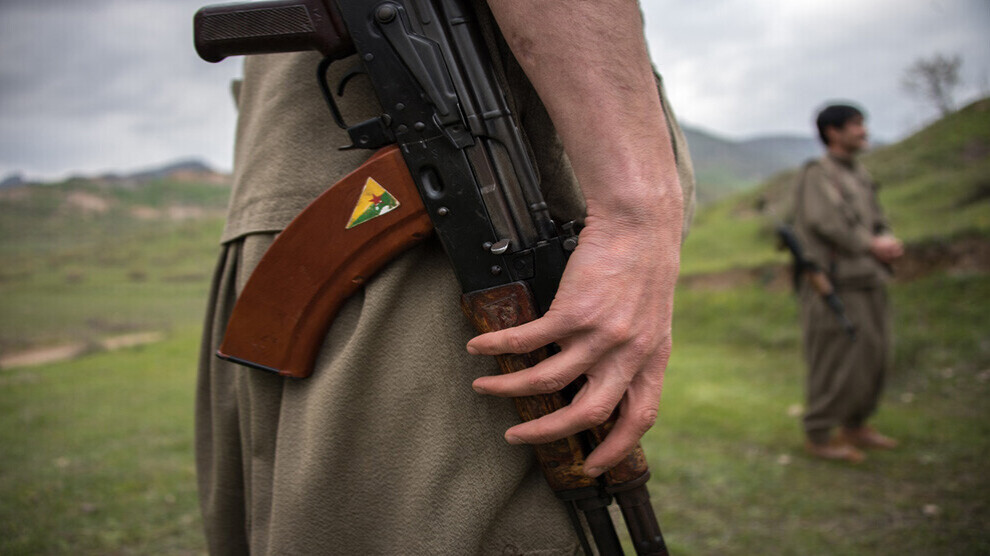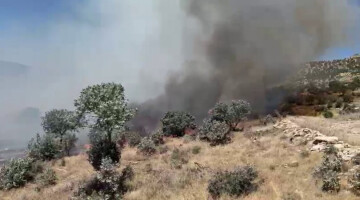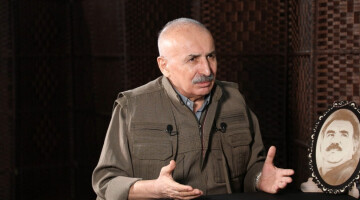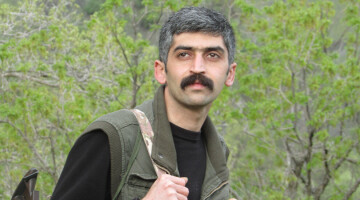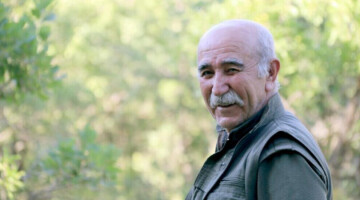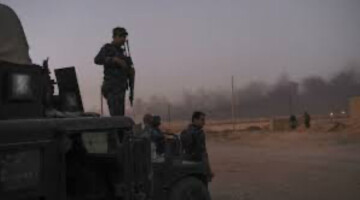An explosion in the Kurdistan Region of Iraq (KRI) killed a Danish bicycle tourist and injured another on Thursday. According to official sources, the incident occurred on a "dirt road" between two villages in the Kanî Masî sub-district north of Amadiya, and the detonation was triggered when a "landmine" passed overhead. Security authorities of the KDP-dominated government in Hewlêr (Erbil) and pro-government media immediately pointed to the Kurdistan Workers' Party (PKK) as responsible, saying that there have been "decades of clashes" between the PKK guerrillas and the Turkish state in the area.
Rejecting any responsibility for the explosion, the HPG (People’s Defense Forces) Press Center said on Saturday: "The explosion site is not an area where our forces are active or moving. Moreover, the guerrillas do not use landmines. We reject any responsibility and demand the initiation of a comprehensive investigation procedure in connection with the incident."
Bicycle ride to the combat zone?
The Danish Foreign Ministry has confirmed the death of the victim, a 28-year-old man. He is said to have entered the KRI from Hakkari via the Sarzerî (Turkish name: Üzümlü) border crossing only a few hours before the explosion with a companion of about the same age. The latter was injured, some seriously, and is in a hospital in Kanî Masî (as of May 6). Their destination was the archaeological site in Amadiya, which administratively belongs to Duhok governorate. The explosion occurred between the villages of Kamberke and Barukhi, according to official reports. The authorities in Hewlêr did not provide any information as to why the two bicycle tourists were in an area where there is supposed to be fighting between the PKK and the Turkish army.
Minefield Iraq
Bike tours are rare in the area anyway due to unpaved roads and faulty infrastructure. This has to do with two challenges in particular: First, Turkey has been bombing villages in the mountainous regions of southern Kurdistan for years. These bombardments have intensified, especially in recent years. Since the Turkish invasion of April 2021 and the new war of aggression launched three weeks ago, there are daily reports of new attacks. On the other hand, millions of landmines rest in this region of the Middle East. According to the Demira organization, Iraq is among the countries with the highest burden of mines and unexploded ordnance in the world. Some 20 million landmines and between 2.6 and six million unexploded ordnances remain in the country. These are a direct result of the war with Iran (1980-1988), the 1991 Gulf War, and the U.S.-led invasion in 2003.
PKK and HPG signatories of the Geneva Call
The fact that the PKK guerrillas no longer have any landmines in their inventory can also be seen in the reports of the Swiss non-governmental organization Geneva Call. In 2006, the Kurdistan Workers' Party, as an armed non-state actor, signed the "Geneva Call," which prohibits the use of anti-personnel mines, as the Ottawa Convention requires states to do. After signing the Declaration of Commitment, the PKK supported the destruction of 770 antipersonnel mines and more than 2,500 other explosive devices at that time. The Geneva Call advocates that international humanitarian norms be respected by armed non-state actors in armed conflicts and other situations of violence, particularly those aimed at protecting civilians. Geneva Call has been engaged in a dialogue with the PKK and HPG on the banning of anti-personnel mines since 2001. Dialogues on child protection, gender issues, and respect for humanitarian norms in general have also taken place since 2008. The NGO also monitors compliance with the declarations of commitment signed by the PKK/HPG. While this was initially difficult, as Turkey consistently opposes cooperation with Geneva Call and denies the NGO access to the PKK through its territory. But the organization established a special monitoring procedure to circumvent the access restriction.

